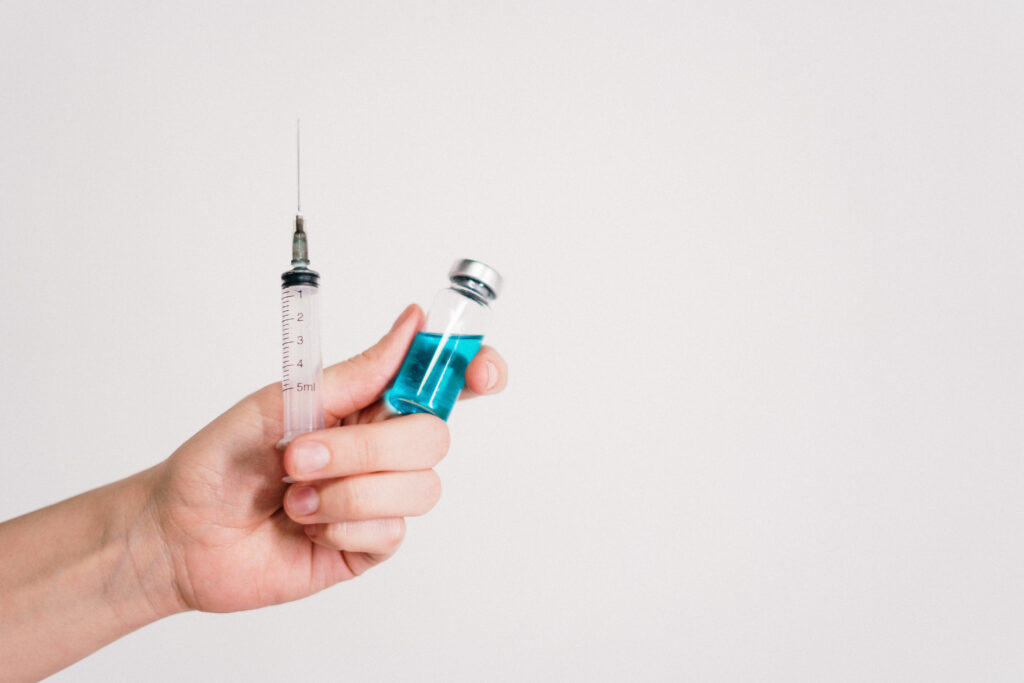More than a third of Portuguese say they do not want to be vaccinated against covid-19 because they do not believe in the effectiveness of drug that should arrive in Portugal in January, according to a study by Eurosondagem released today.
To the question “when there is a vaccine against covid-19, do you believe in it and will you be vaccinated?”, 48,5% of the respondents answered “yes”, 37,2% “no” and 14,3% have doubts, they do not know or do not want to reveal what they will do.
In this Eurosondagem study for Porto Canal and the weekly Sol, the majority of respondents who oppose the vaccine are female (37,2%), against 36,9% male.
Among men, the vaccine has more support (49%) than among women (48%). Eurosondagem did not stratify the answers to this question by age groups.
Another question asked in the survey was the re-candidacy of Marcelo Rebelo de Sousa as President of the Republic, with 72% responding that he “did well”, 15,5% “did not do well” and 12,5% expressing doubts or not answering.
The study also included a question about the “great controversy between the current telecommunications operators and ANACOM about 5G”. In the responses, only 15,2% of respondents said they agreed to "an auction open to new traders". The “improvement and universality of the current 3G and 4G mobile network and voice” was the option chosen by 65,5% of respondents, with 19,3% not responding.
In the traditional legislative barometer, the PS continues to lead, with 38,8%, rising almost in the same proportion (2,4 percentage points) of the decline of BE (2,3 percentage points) in relation to the results of the last legislative ones.
BE drops more than one percentage point (1,1) compared to the November survey, PS up 0,5 pp and PSD 0,3 pp
The PSD now collects 29,4% of preferences, BE 7,2%, CDU 5,3%, Chega 5,2%, CDS 2,5%, PAN 2,0% and the Liberal Initiative 1,1 ,XNUMX%.
The Eurosondage study was carried out between Monday and Thursday through 1.020 telephone interviews validated for fixed and mobile and has a maximum error of 3,07% for a 95% probability degree.

















Comments